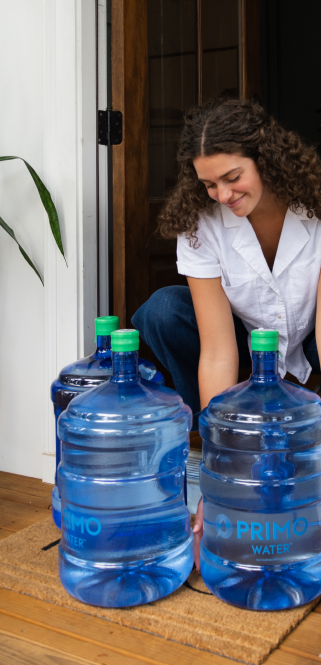
How Does Chlorine in Tap Water Affect Baking Bread?
Whether you bake bread as a hobbyist or a professional, one thing’s certain: you want to ensure you’re baking with good quality water.
With water being one of the main ingredients used in baking bread, the water quality can affect the dough and, ultimately, how the bread turns out. This means that, while drinkable tap water can be used to bake bread, it will likely have some undesirable effects on the bread.
HOW CHLORINE AFFECTS BAKING BREAD
One of the most important factors that needs to be taken into consideration regarding water quality is its chemical content—specifically, its chlorine content.
Chlorine is one chemical found in tap water that will have a more noticeable effect on bread dough, which is why you’ll find that many different types of bread recipes call for non-chlorinated water. Sourdough breads are especially sensitive to chlorine and, more often than not, won’t turn out well if water that contains chlorine is used in the baking process.
There are a few ways chlorine can affect bread. First, chlorine can negatively impact the taste of the bread—and no one wants to eat bread that tastes a bit chemically! Additionally, a high level of chlorine could affect the function of some flour components, particularly enzymes.
Finally, chlorine can impact the baker’s yeast, causing the bread to not turn out as expected. Some organisms are more sensitive to chlorine than others and some of those more sensitive ones happen to be used in baking bread. Yeast is one of them.
PURIFIED WATER AND BREAD BAKING
Purified water has been through a filtration process to remove or significantly reduce its chemical content, including chlorine. When you bake bread with purified water that’s free of chlorine, you’ll reduce some of the main factors that could affect the characteristics of your dough—so you’ll end up with truly delicious, natural tasting bread.
Make purified water a staple ingredient in all your bread recipes and you’ll be extremely pleased with the outcome of your bread—and become a more confident bread maker in the process!




